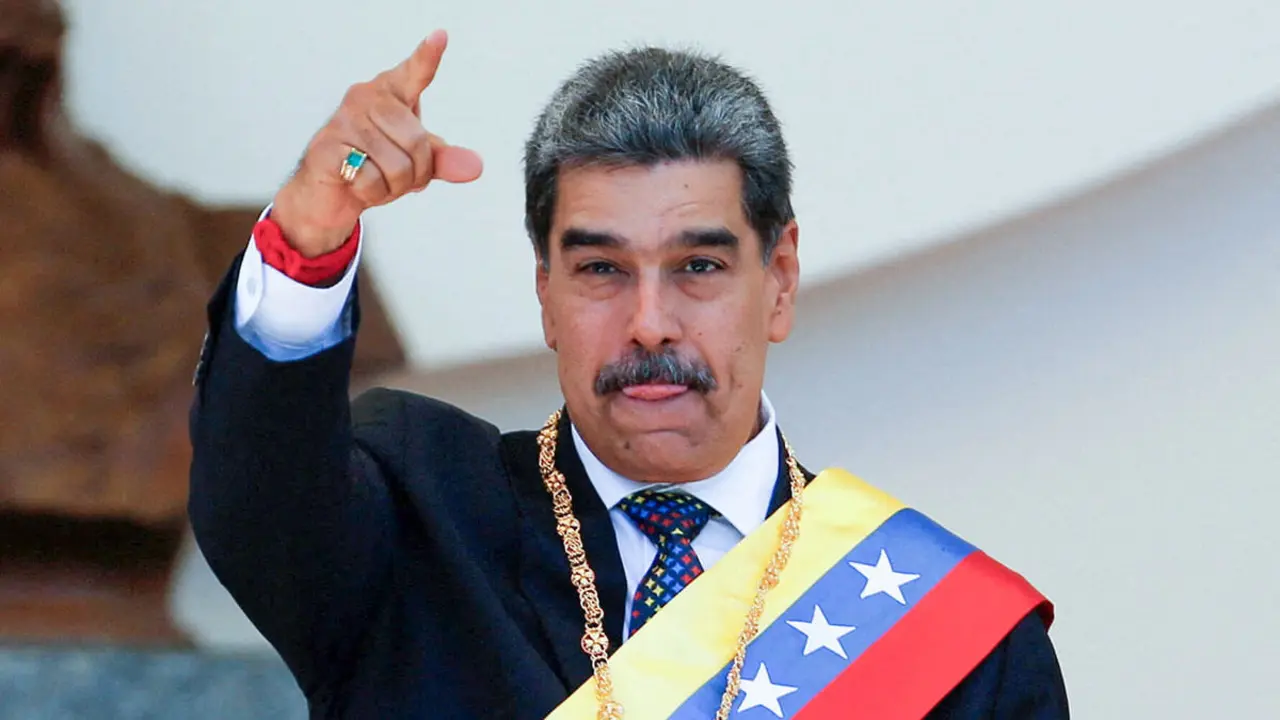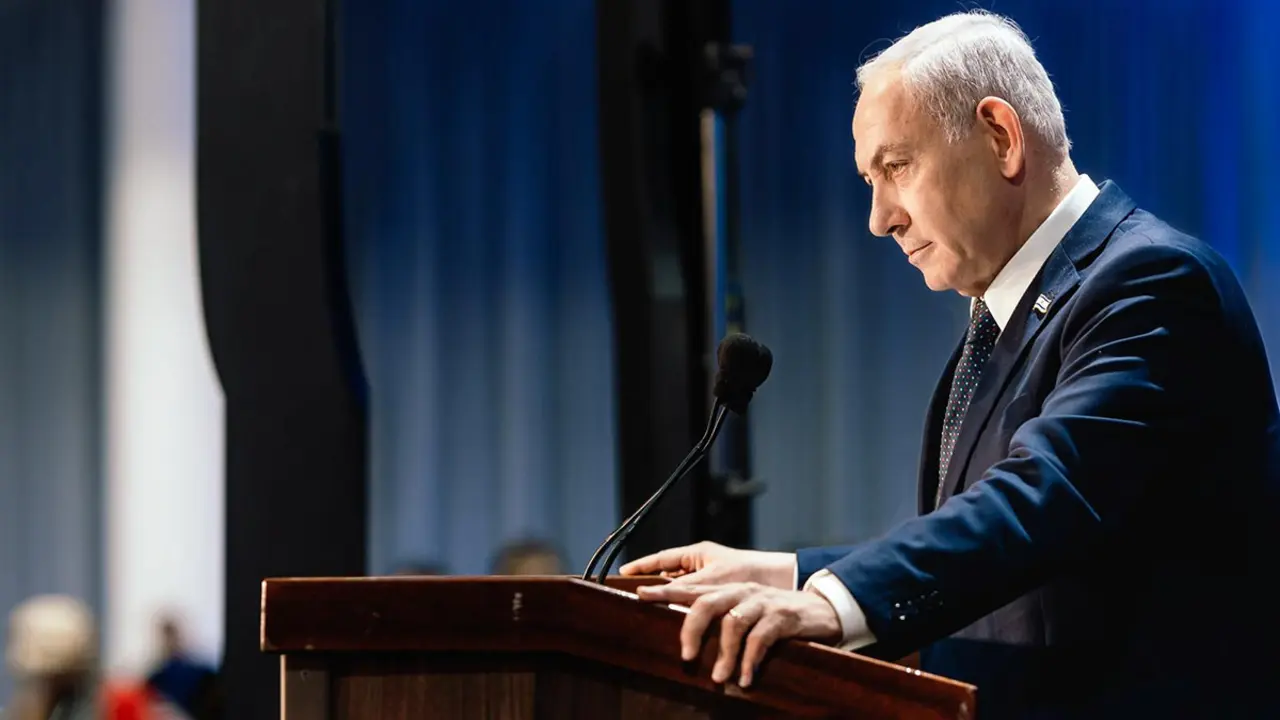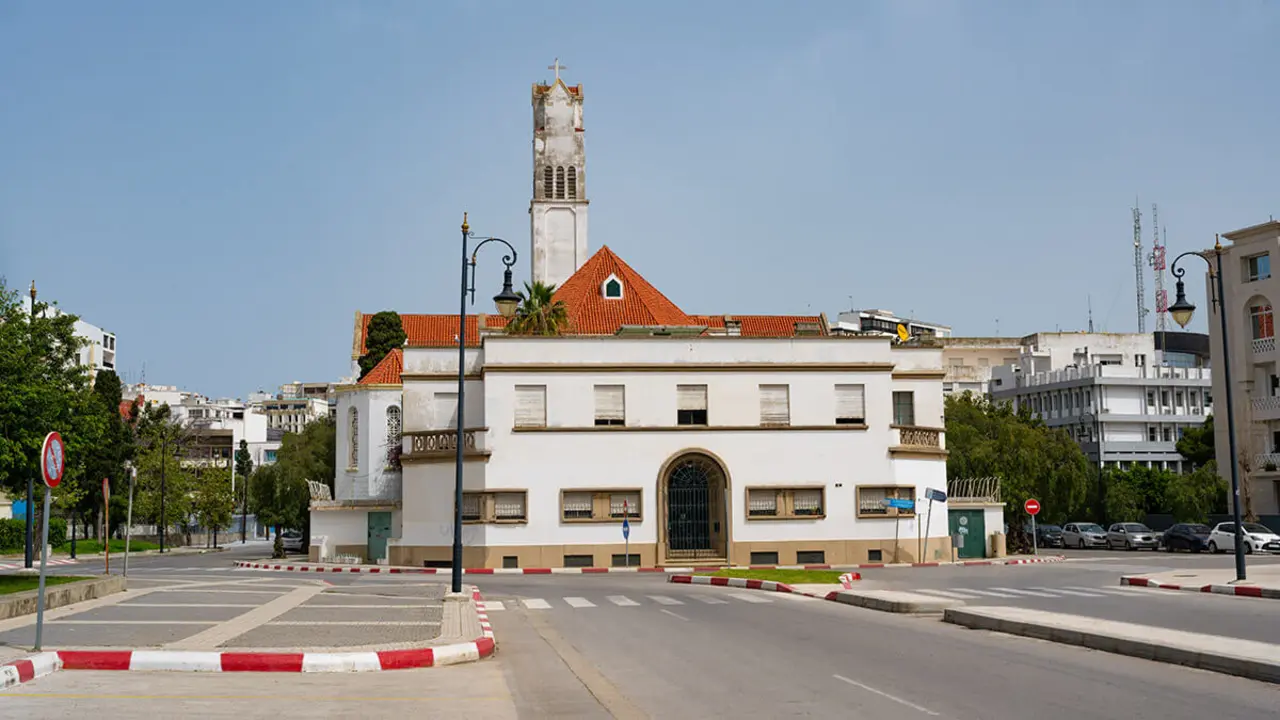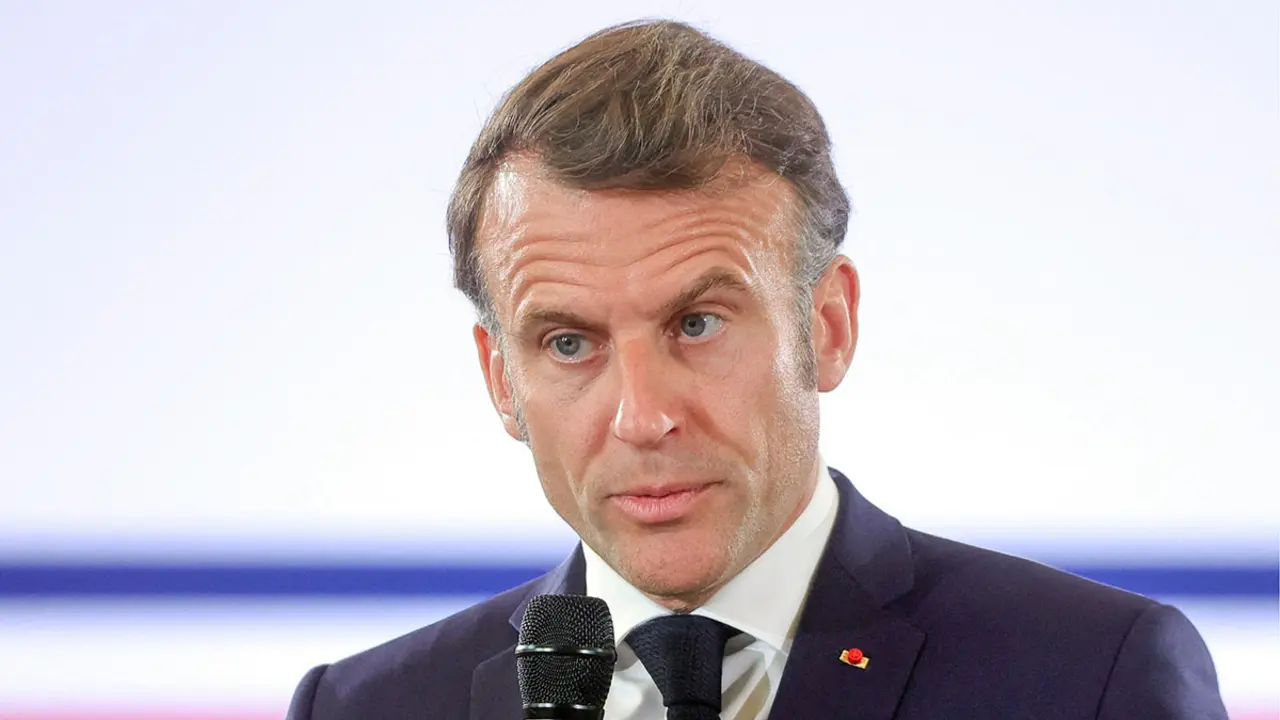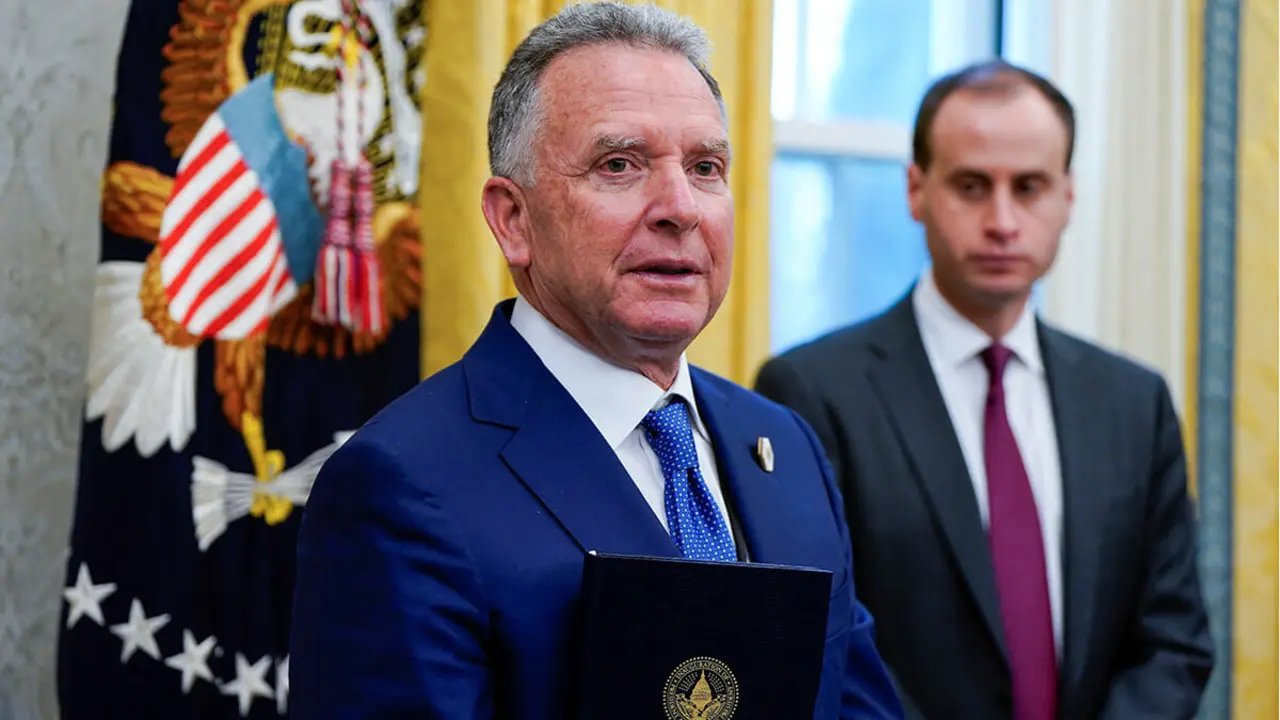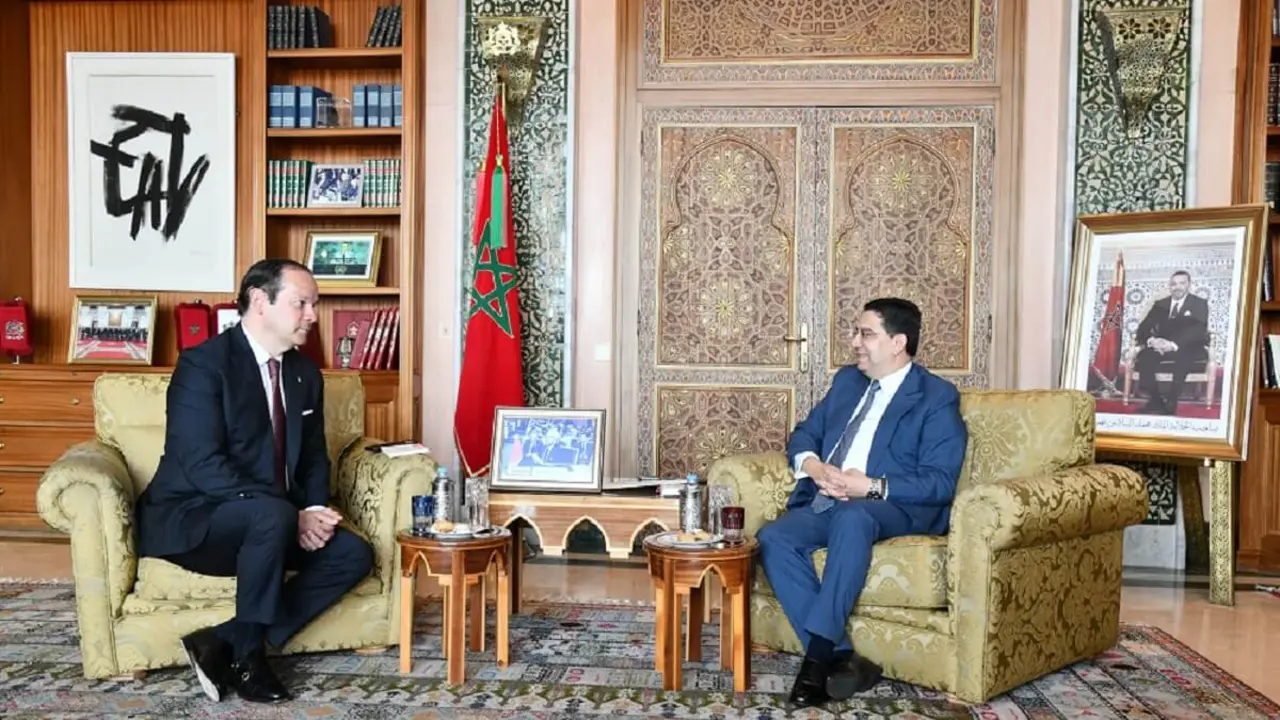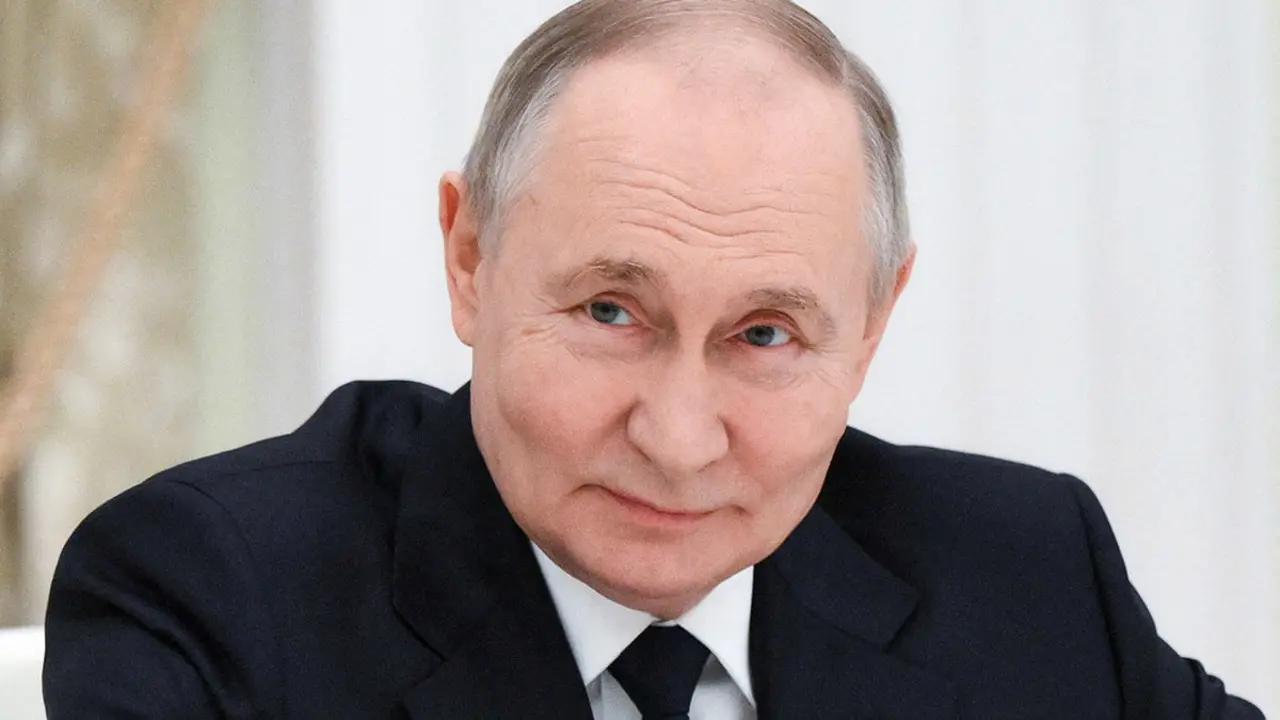España se alinea con Marruecos ante la cercanía de Colombia con el Frente Polisario

Spain opposed the intention of the President of Colombia, Gustavo Petro, to include the Polisario Front as an observer at the last Ibero-American Summit held in the Dominican Republic.
José Manuel Albares, Spain's Minister of Foreign Affairs, told the media that the Colombian president could have his personal opinion, but added that international observer status is only reserved for countries recognised as such, after the Colombian president asked Spain to invite the Polisario Front to the summit. The Spanish government argued that such recognition is reserved only for states "duly recognised by the United Nations". "Anyone has the right to make declarations, but this status is reserved for states duly recognised by the United Nations", Albares pointed out, according to the Europa Press agency.
President Gustavo Petro tried to impose the presence of the Polisario Front at the Ibero-American Summit, which periodically brings together Spain, Portugal and Latin American countries, as a recognised observer and suggested granting this status to nations with linguistic and cultural ties linked to the Spanish, Latin American or Portuguese sphere, including the "Saharan nation".

In this sense, the Polisario Front represents the self-styled Sahrawi Arab Democratic Republic (SADR), an entity that has very limited recognition as a state by few international actors and which attempts to play the role of representative of the Saharawis. This comes at a time when the historical dispute continues over the future of Western Sahara, a region that was a Spanish colony until 1976 and is claimed by Morocco as its own territory.
The Moroccan kingdom is proposing a formula of broad autonomy for Western Sahara under Moroccan sovereignty, respecting the resolutions of the United Nations, and has very important support on the international stage. Countries such as the United States, Germany, the United Arab Emirates and Spain have stated that the Moroccan proposal is the most serious, credible and realistic way of resolving the Sahrawi conflict that has lasted more than four decades.
In contrast, the Polisario Front advocates holding a referendum on independence for the Sahrawi population, which is very difficult to achieve, according to various experts, given the way the census is drawn up and other impediments, and which has less international backing. Among the Polisario Front's allies is Algeria, Morocco's great political rival in the Maghreb, which has recently tightened the political noose with decisions such as breaking off diplomatic relations with its Moroccan neighbour in August 2021 after accusing the latter of interference in internal affairs and "hostile acts".

Now, the Colombian president has shown his alignment with the Polisario Front and SADR, having re-established ties with the Polisario entity last August after relations with the previous Colombian governments that preceded Gustavo Petro's government had been frozen since 2001.
It is worth noting that Gustavo Petro has a marked left-wing tendency and was a member of the Movimiento 19 de Abril (M-19) during his youth, a guerrilla group that sought to impose its ideas through arms but which differed from other guerrilla groups of the time in other aspects, as various media have reported. This could also be linked to the trajectory of the Polisario Front and its armed history in its struggle for Sahrawi independence.
The step taken by Spain through Minister José Manuel Albares on this issue places it once again as a strong ally of Morocco. Both countries now enjoy a very good diplomatic relationship, something that became evident with the holding in Rabat in February of the last High Level Meeting (HLM) between the two countries, which featured the head of the Moroccan government, Aziz Akhannouch, and the Spanish prime minister, Pedro Sánchez, who led the respective national delegations to seal several agreements of great importance in various sectors. A HLM was reached after the establishment of the roadmap agreed by the King of Morocco, Mohamed VI, and President Pedro Sánchez at their meeting in the Rabat capital, after Spain took the important step of recognising the Moroccan proposal for Western Sahara as the "most serious, credible and realistic" with a view to resolving the Sahrawi dispute.

Along these lines, Mohamed Lakrini, professor of International Relations and International Law, believes that Spain's refusal to allow the Polisario Front to attend the Ibero-American Summit confirms that Moroccan-Spanish relations remain firm and show great strength. This underlines Spain's alignment with Moroccan theses on sovereignty over Western Sahara.
In declarations to The Arab Weekly, Lakrini pointed out that the Colombian president's attempt to impose the presence of the Polisario at the summit by granting it observer status, similar to that of Morocco, failed because it was based on an illogical political proposal, since the Polisario organisation is a separatist movement that does not have the elements of a state, nor does it represent a state, as the Al-Arab media also pointed out.
America Coordinator: José Antonio Sierra.

